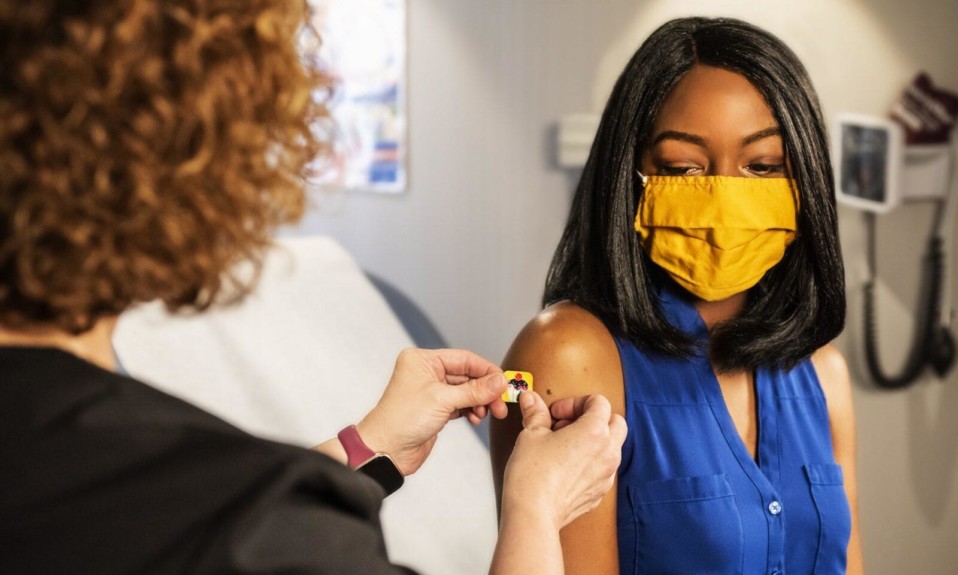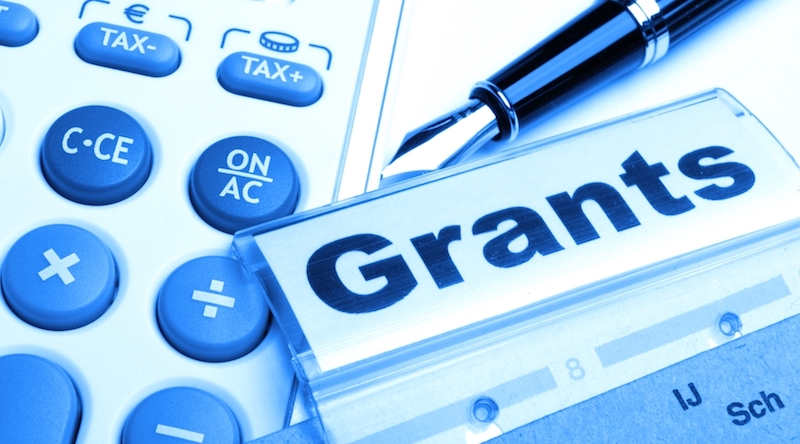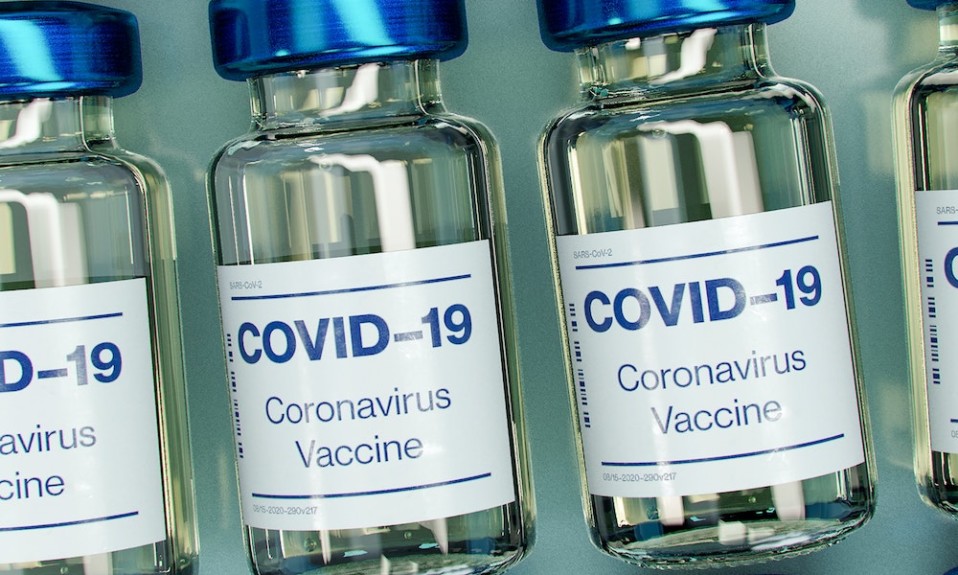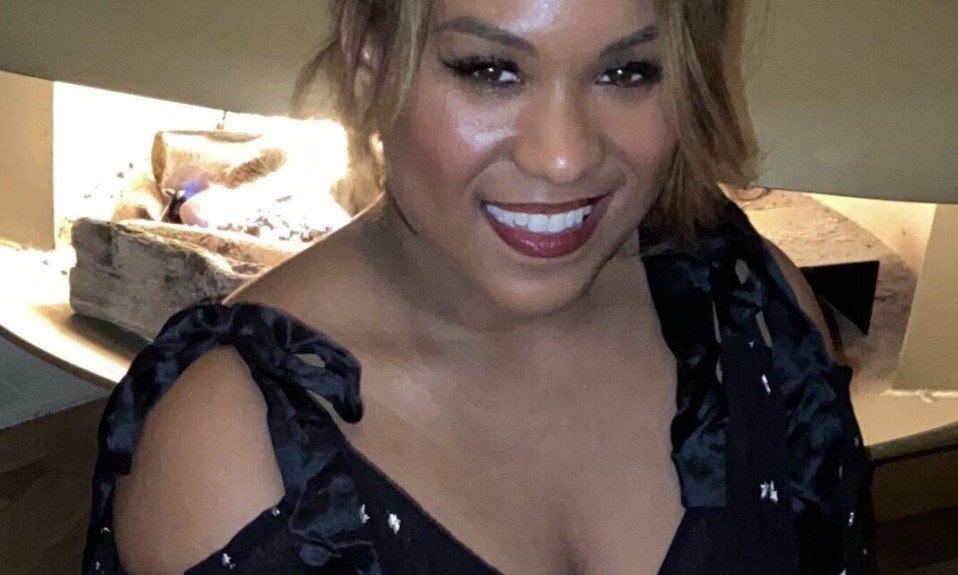The pandemic has taken a particularly hard toll on those with substance use disorder—and an initiative launched by FORE and the APF is designed to provide relief
By Jenny Diedrich
March 30, 2021A newly launched initiative aims to bring COVID-19 vaccines to people with substance use disorder (SUD), a vulnerable population that has been disproportionately impacted by the pandemic.
The program, announced last week by the Foundation for Opioid Response Efforts (FORE) and the Addiction Policy Forum (APF), provides trained “navigators” to help schedule vaccination appointments and address concerns about the vaccine. The project is funded by a $125,843 grant from FORE.
People with SUD are often isolated, which can mean increased safety from COVID-19 infection but more risk of using or, if in recovery, returning to drugs. That, coupled with difficulties in accessing care due to the pandemic, has created a dangerous environment for some, says Karen Scott, M.D., MPH, president of FORE.
“Last year at this time there was a sudden and significant disruption in our usual patterns of accessing healthcare and recovery services,” Scott says. “Until providers got more settled with telehealth, it was a time of people getting disconnected with their care. The ability for some people to transition to telehealth has been an advantage, but not everyone has access to technology and the internet.”
Across the country, the rules and regulations of who can get vaccinated and when are incredibly confusing. We’re hoping we can simplify that process for those with substance use disorders and people in recovery. This population is often overlooked.”—Shawn Rogers, director of strategic partnerships, APF
If infected with COVID-19, people with SUD also may face more severe consequences than the general population.
“Given the underlying changes in physiology and anatomy due to substance use and weakened immune systems, this population that is struggling to stay connected to services is at higher risk if they become infected with COVID,” Scott says.
How the SUD Vaccination Program Works
The initiative relies on a two-pronged approach: helping people navigate the often complex system of making vaccination appointments, and addressing concerns about the vaccine through education.
“Across the country, the rules and regulations of who can get vaccinated and when are incredibly confusing,” says Shawn Rogers, director of strategic partnerships for the APF. “We’re hoping we can simplify that process for those with substance use disorders and people in recovery. This population is often overlooked.”
Further complicating matters, the APF has found that people with SUD may be hesitant to get vaccinated. In a recent APF study, nearly half of people with SUD expressed uncertainty about the vaccine or unwillingness to take it. Those concerns can stem from negative experiences they’ve had with the medical field. Says Rogers, “There is so much stigma around addiction and substance use disorder, and it’s not always handled appropriately, even by medical professionals.”
I’m proud of a project that can be launched so quickly in order to meet a very time-sensitive, immediate need and result in something that will truly be lifesaving and life-changing for all of us.”—Karen Scott, president, FORE
Scott believes partnering with a trusted voice in the addiction treatment community—the APF—is critical to outreach efforts. The APF is using its website, newsletter and Connections app, as well social media, to facilitate the vaccination process.
“The APF has the infrastructure and relationships to quickly put this in place,” Scott says. “I’m proud of a project that can be launched so quickly in order to meet a very time-sensitive, immediate need and result in something that will truly be lifesaving and life-changing for all of us.”
Beyond the COVID-19 pandemic, Scott hopes the project will become a model for other medical services. “This navigator role is something we can learn from,” she says. “Maybe next year it’s getting this population a regular flu shot or using this model to talk to women about cervical and breast cancer screenings.”
To be connected with a COVID-19 vaccine navigator, complete this support request or call/text 833-301-HELP between 9 a.m. and 5 p.m. EST, Monday through Friday.
Photo: CDC














